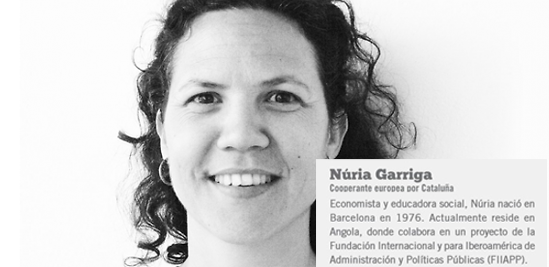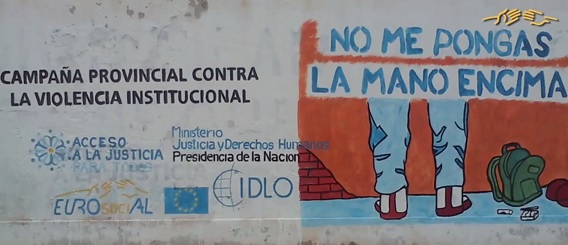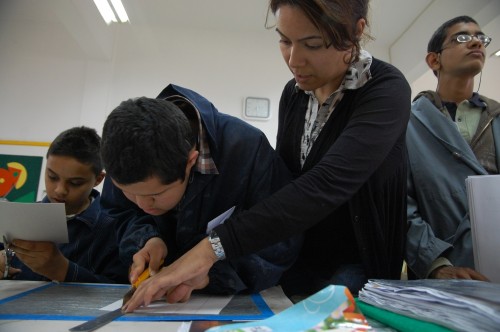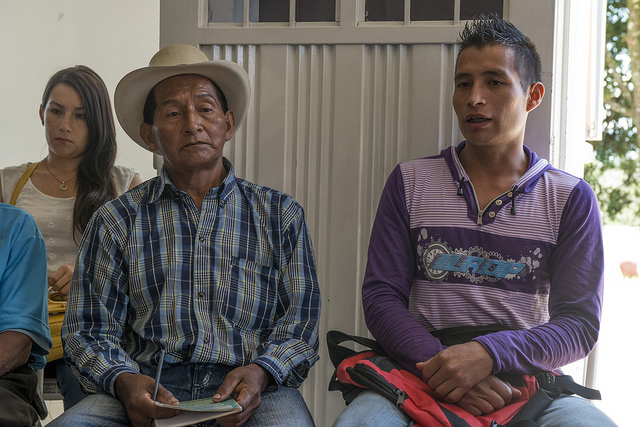THE BLOG OF THE FIIAPP. Spanish cooperation
-
28 May 2015
Category : Reportage
Nineteen Spaniards are contributing their faces and their stories to explain to citizens what the development aid lent by the European Union consists of.
 The face of development aid
The face of development aidNúria is a "Barcelonesa" and she lives in Angola. She is a face of cooperation. She collaborates with a local development project in this African country. It's not the first time she's worked as a volunteer, or in Angola or Africa....
-
20 May 2015
Category : Reportage
In the week when the OECD is presenting its report on the economic progress of Latin America, we bring you the reality of Argentina thanks to EUROsociAL.

The European Union cooperation programme for Latin America, EUROsociAL, focuses its work on social cohesion and development in various Latin American countries. One of them is Argentina, ...
-
14 May 2015
Category : Opinion
FIIAPP employee Diego Blázquez tells how he faced the challenge of rolling out policies in Tunisia aimed at empowering persons with disabilities in a period of social and political convulsion.

When I arrived in Tunisia during the Christmas season in 2011, every aspect of life in Tunisia was political: how women dressed, how men wore their beards or hair, which mosque you went to, which radio station you listened to or newspaper you read... and also the issue of di...
-
07 May 2015
Category : Opinion
Going to the hospital in Popayán, in Colombia, can turn into an odyssey costing up to 100,000 pesos (€35), a luxury most people can't afford.

A European citizen takes an average of 15 minutes to reach a doctor, but in Colombia territorial dispersion represents a barrier to ensuring access to healthcare services. The city of Tambo, the country's second largest in surface area, is one such example. There, in an area of 3,280 km2 with some 6...








